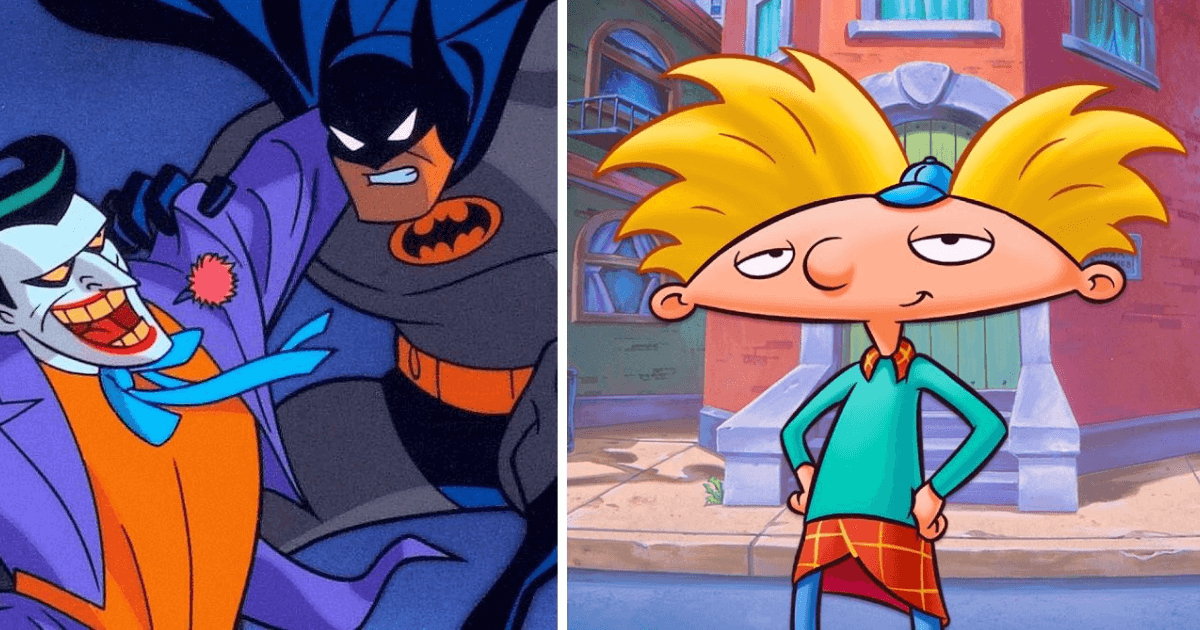Nostalgia Properties Remain Strong

Micro-fandoms coupled with ecommerce and print-on-demand and other short-run manufacturing are breathing new life into the licensing of nostalgia properties that may have staying power beyond the pandemic.
To be sure, the licensing of nostalgia IP is nothing new. But with many in-person fan conventions cancelled, homebound consumers and companies are digging deeper into IP vaults.
For example, 1990s-related IP – Johnny Bravo, Samurai Jack, Courage the Cowardly Dog and others – is having a moment. That’s driven partly by collectors that were children at the time and may now be new parents, says Eric Morse, SVP of Content Partnership and General Manager of Global Licensing at Redbubble.
Changing Times
“What’s changed is the matrix by which studios measure the value of a brand so with micro-fandoms you are talking about volume that is significant, but the volume per brand is not,” says Morse. “Social media has provided a massive opportunity for individuals to feel connected and one of the things you found over the past 23 months is the importance of being a part of a community and that is something that will last well past the pandemic.”
Even toddler apparel is receiving a nostalgia tinge. Target developed an ecommerce “Music: Toddler Character Clothing” collection that can outfit them with t-shirts, hoodies and fleece pullovers for musicians and bands that were current long before they were born, including those for Johnny Cash, Rolling Stones, Guns ‘N Roses, Notorious B.I.G. and others. Dolly Parton will make her first venture into toddler apparel with licensee Mad Engine in the first quarter.
The ‘90s trend
“All of this is partly because of the 1990s trend, but also because people are home watching older content and many of these old movies, shows and even music feel more relevant at the moment than new content,” says Gina Cappi, SVP of the Girls & Toddler Division at Mad Engine, which also is developing Maya Angelou and Rosa Parks toddler apparel for Walmart as part of Black History Month in February.
The key to sustaining the interest in nostalgia properties also will be something that seems counterintuitive: keeping them relevant. Along those lines, some properties, like Disney’s Steamboat Willie, have found a new home with developer VeVe’s NFTs as has Marvel’s Incredible Hulk, which releases its first NFTs today (Jan. 6).
NFT Sweet Spot
“Brand specific tokens and millennials are the sweet spot for NFTs and for studios and other companies this is a way reinvigorate brand by repurposing original art, posters or books,” says Doug Neil, Chief Marketing and Brand Officer at NFT developer Chronicle, which has released Paddington tokens. “Some nostalgia brands could die within a generation if they aren’t kept fresh and the ones that do so will be those that get a life in the NFT space.”
Yet even with the new technology, whether the current upswing in nostalgia properties is sustains in a post-pandemic still remains to be seen, say industry executives.
“People have been home during Covid and that has either enhanced the collecting habits of an existing collector, introduced somebody to it or brought them back from having been lapsed,” says Todd McFarland, CEO of McFarland Toys. “The question is will it sustain? I think when you expand the pool [of collectors] even if the market contracts, it doesn’t go back to where it was” in the pre-pandemic world.




